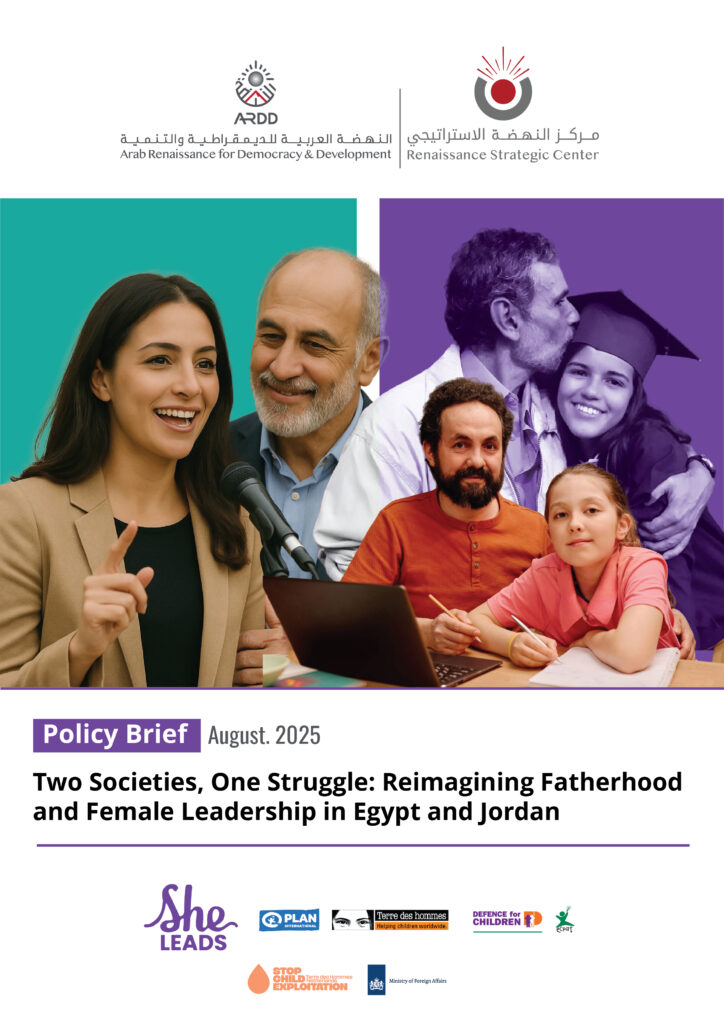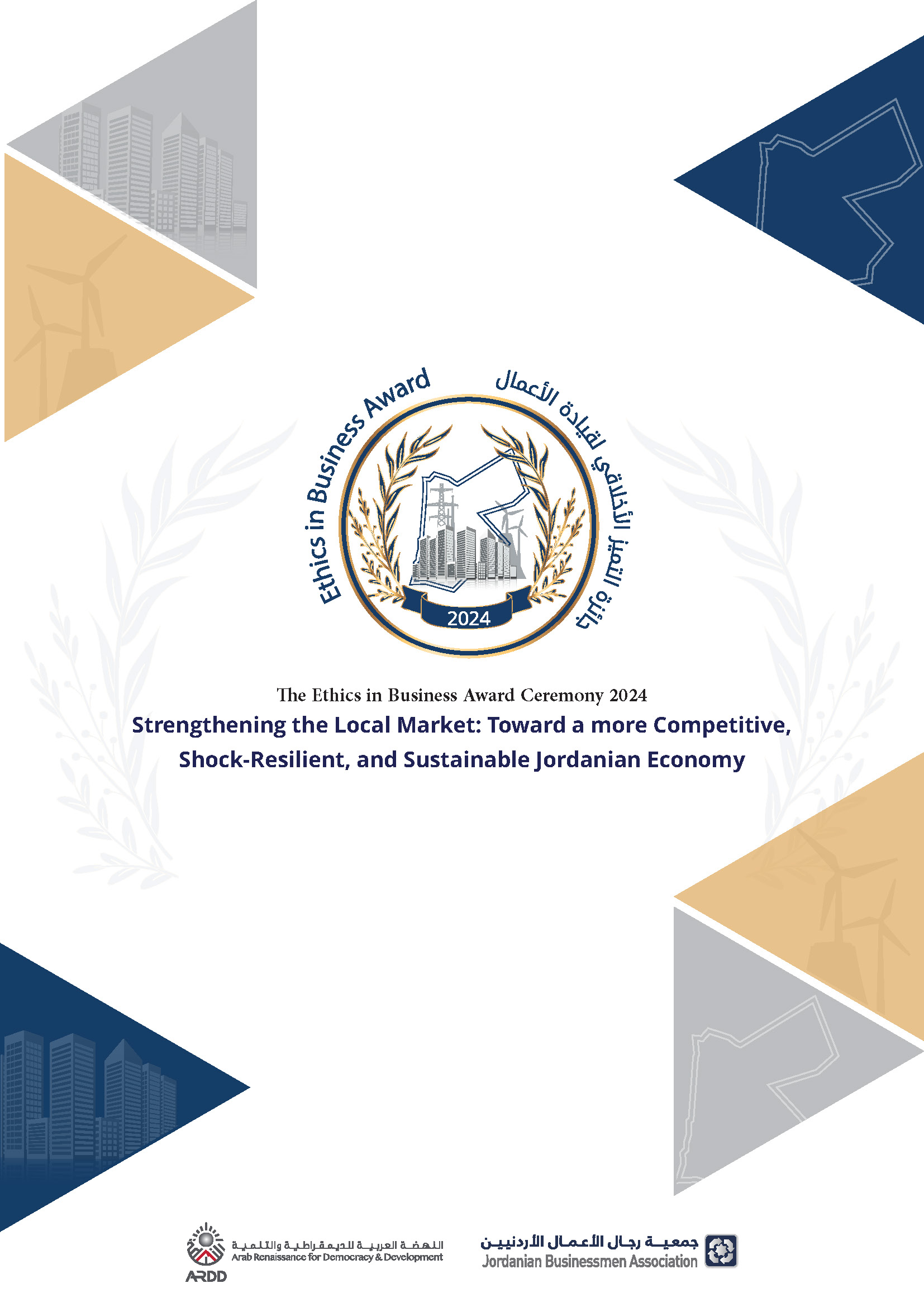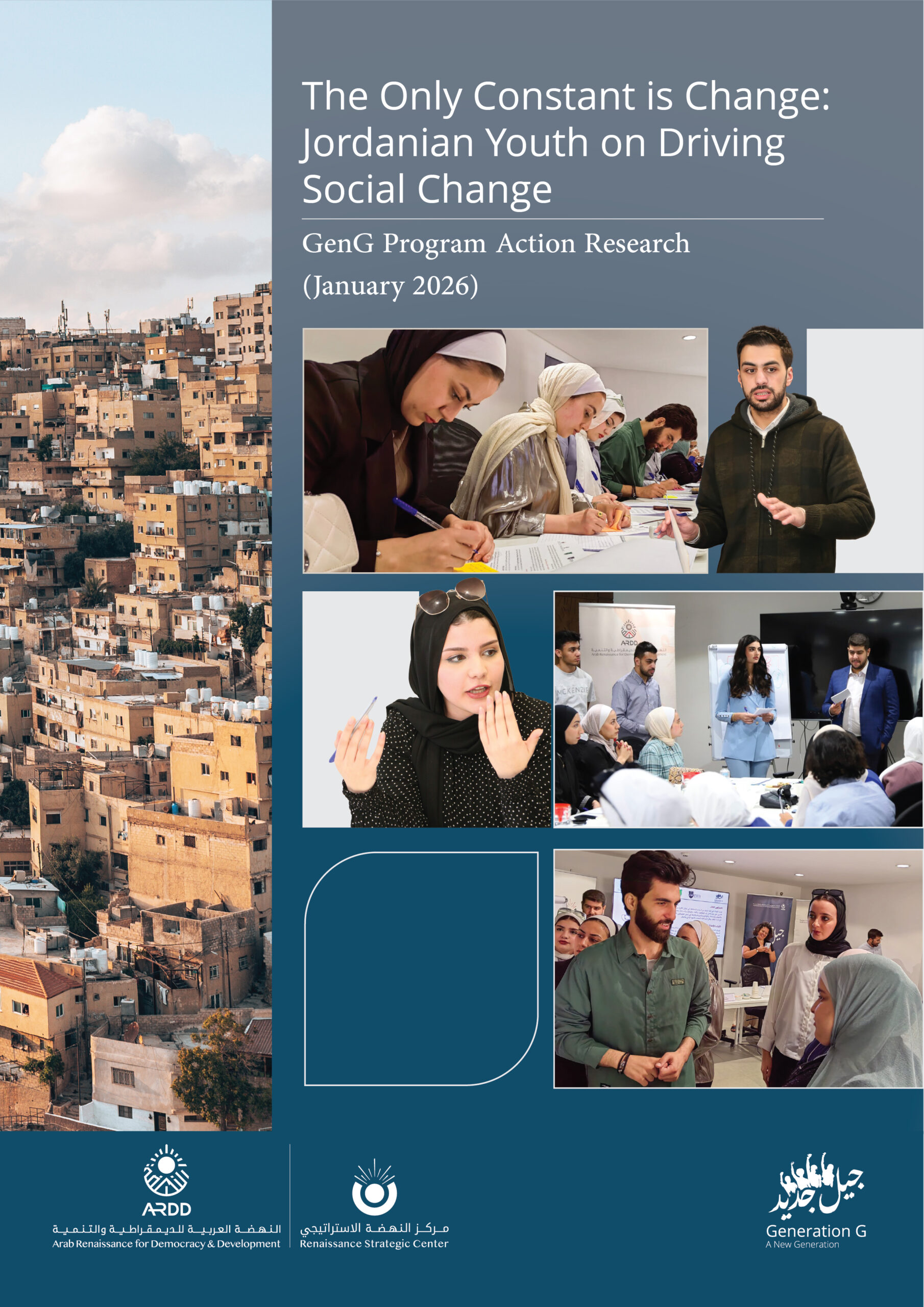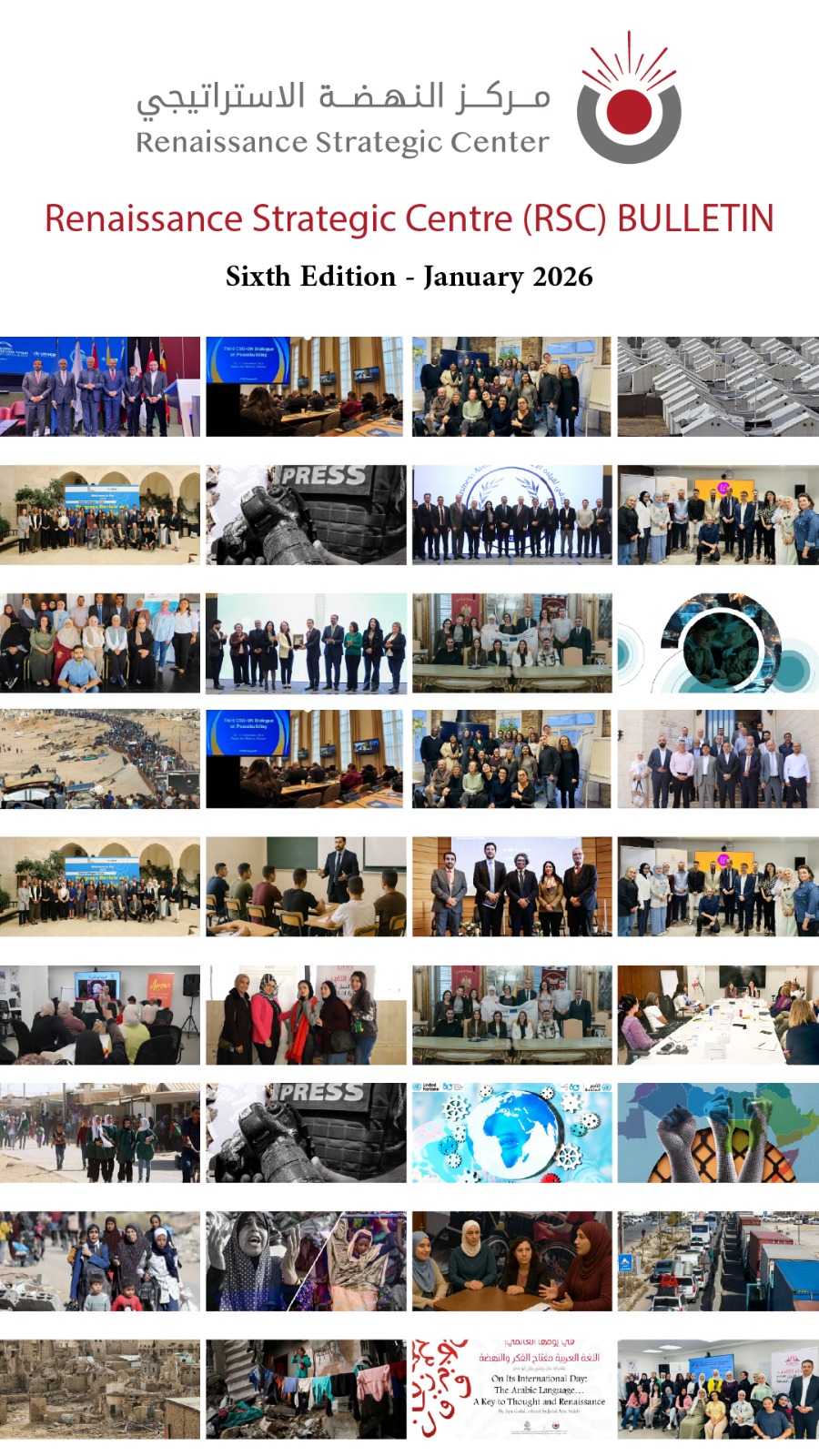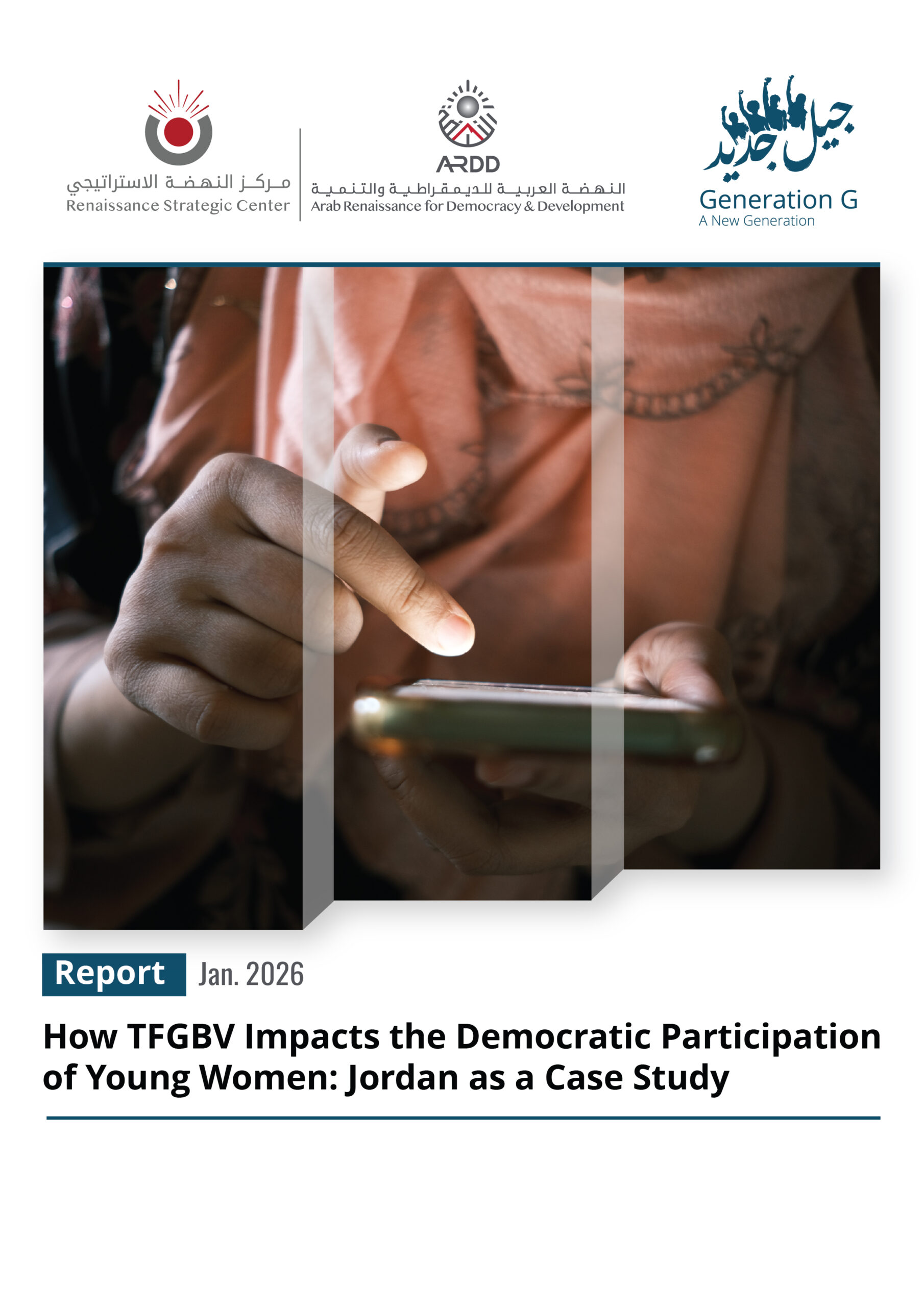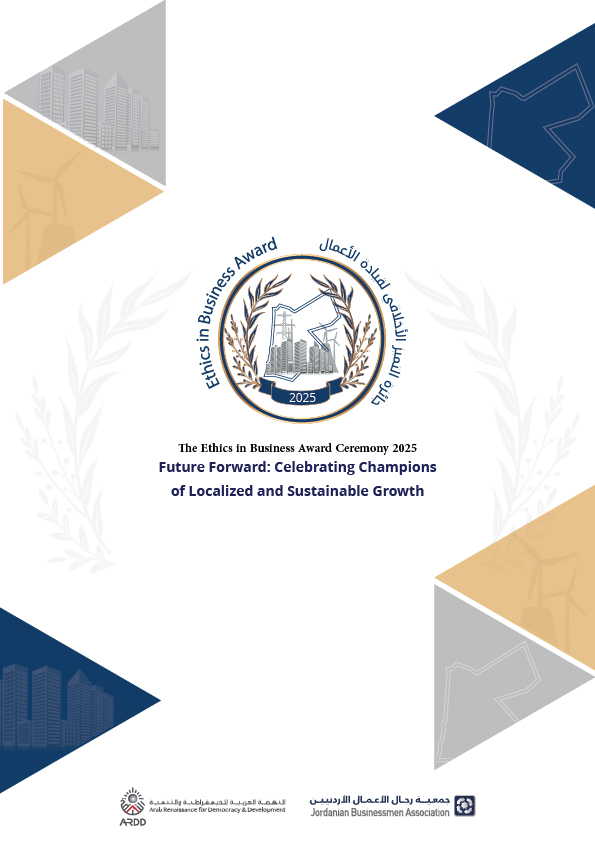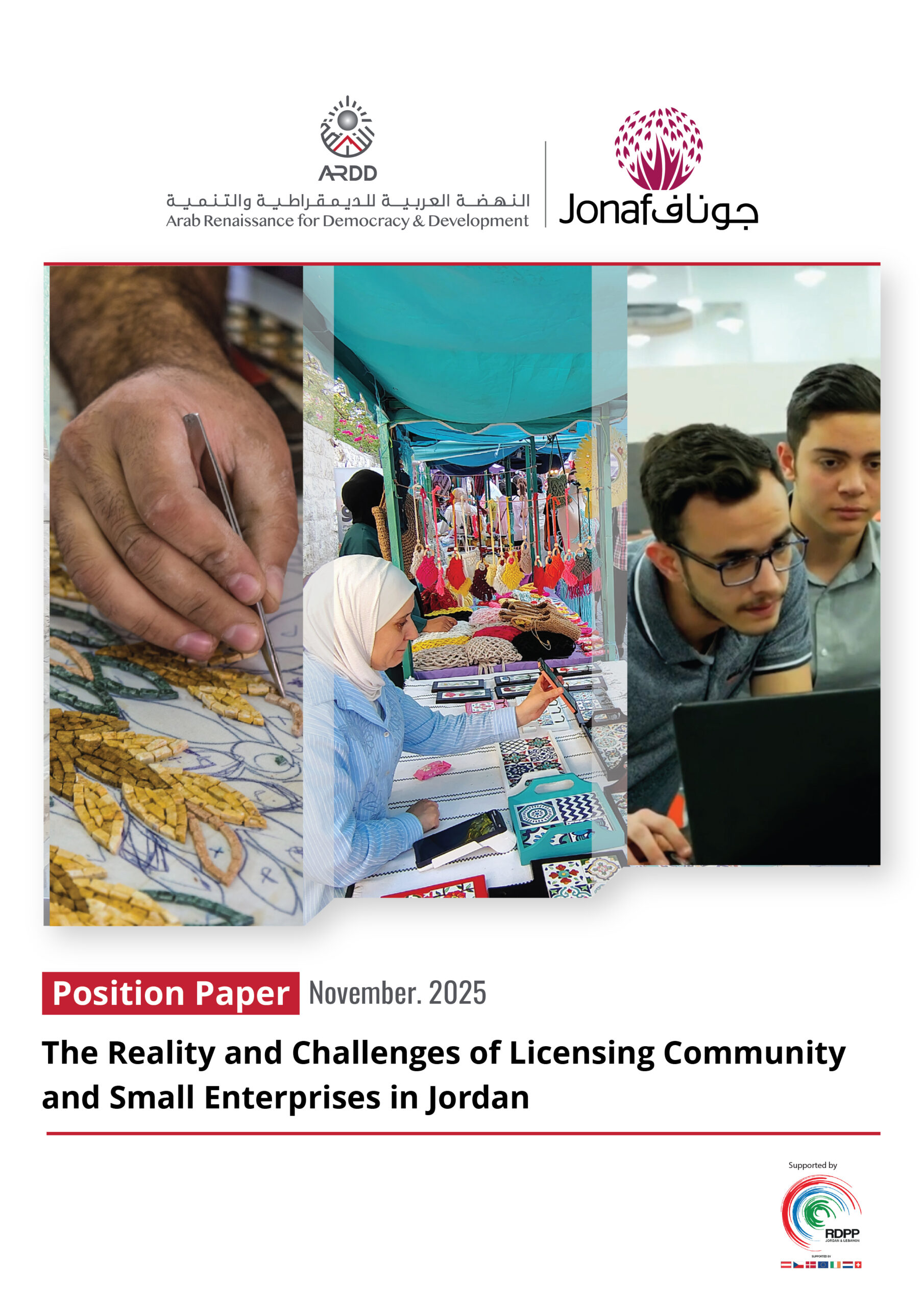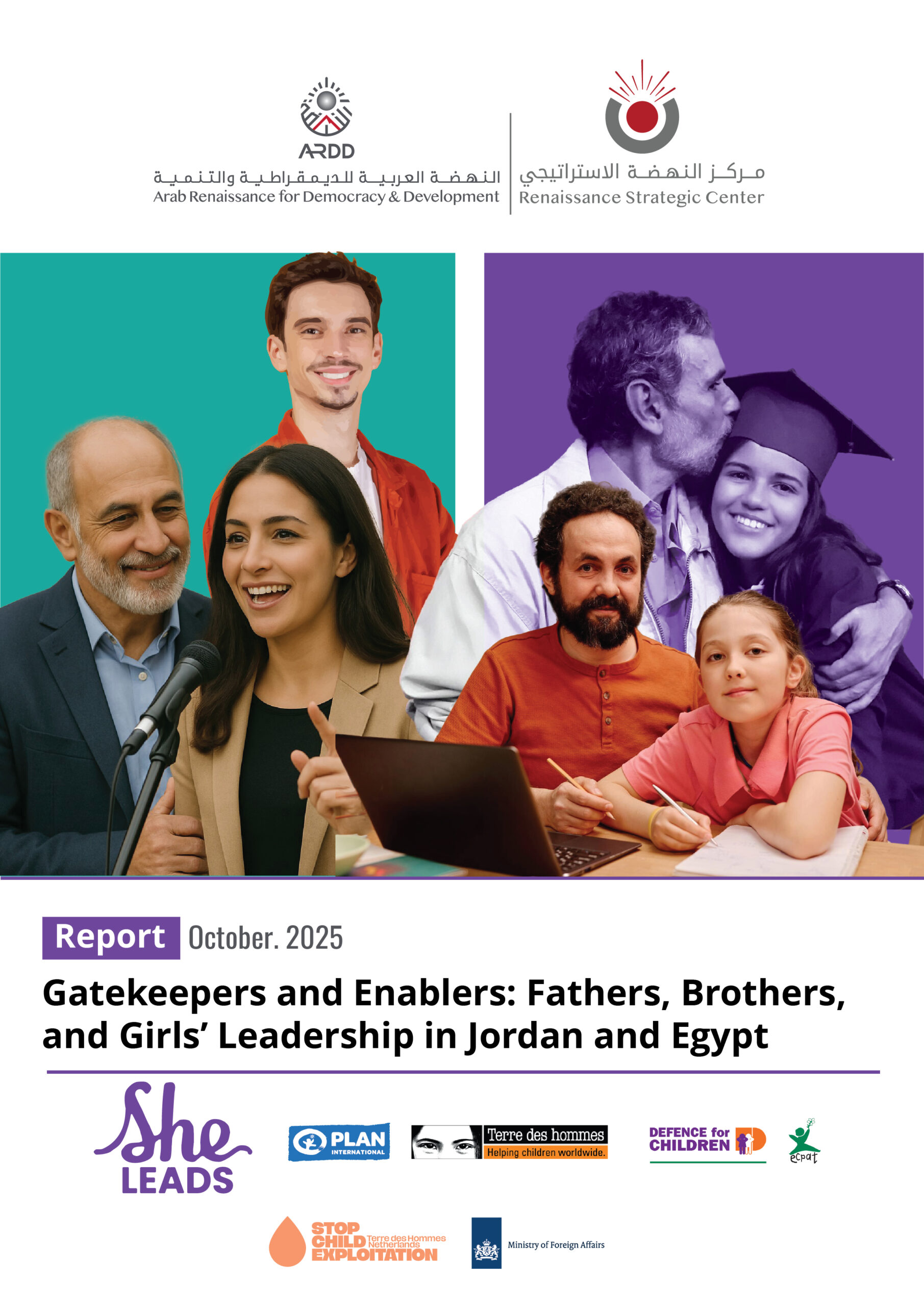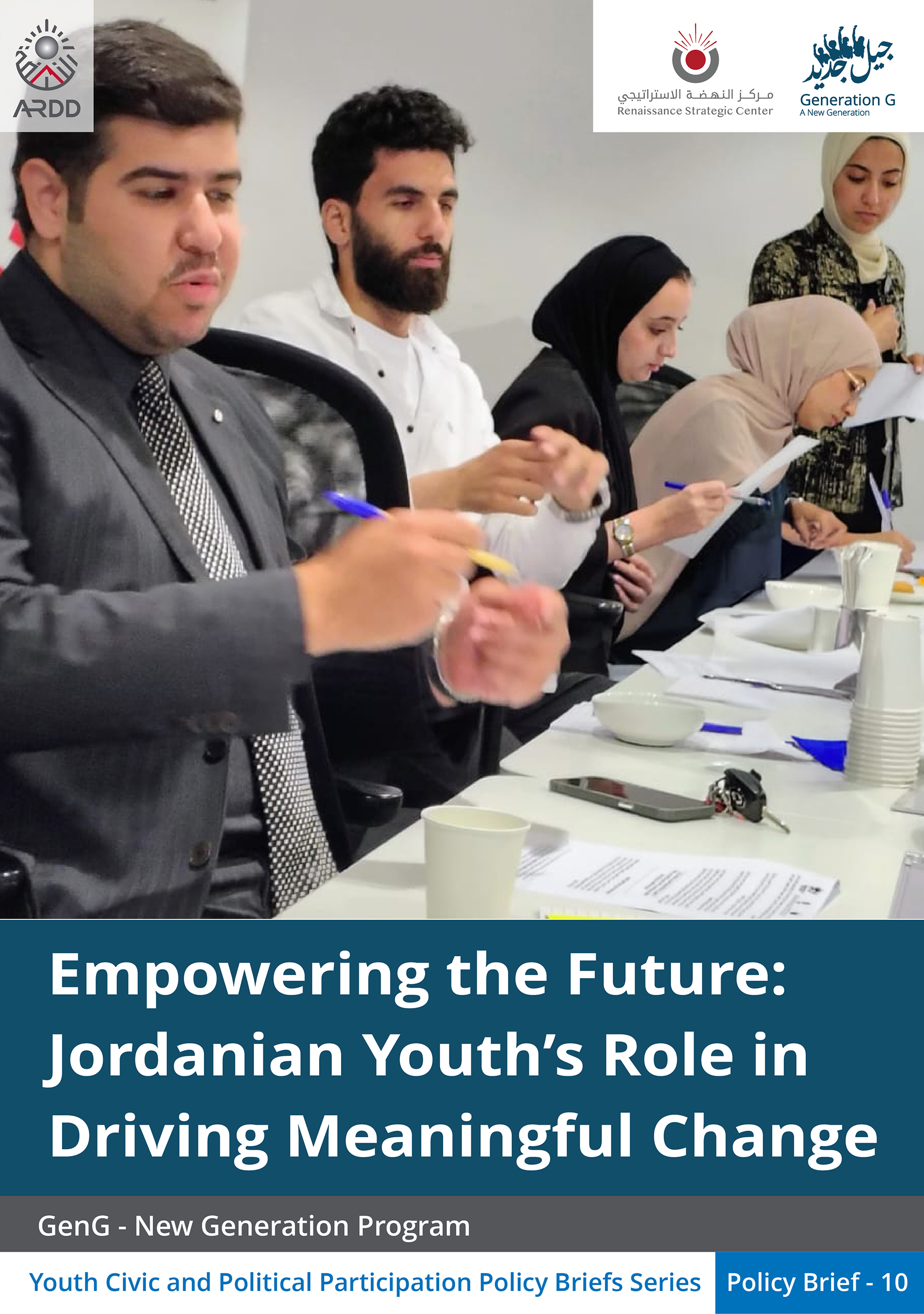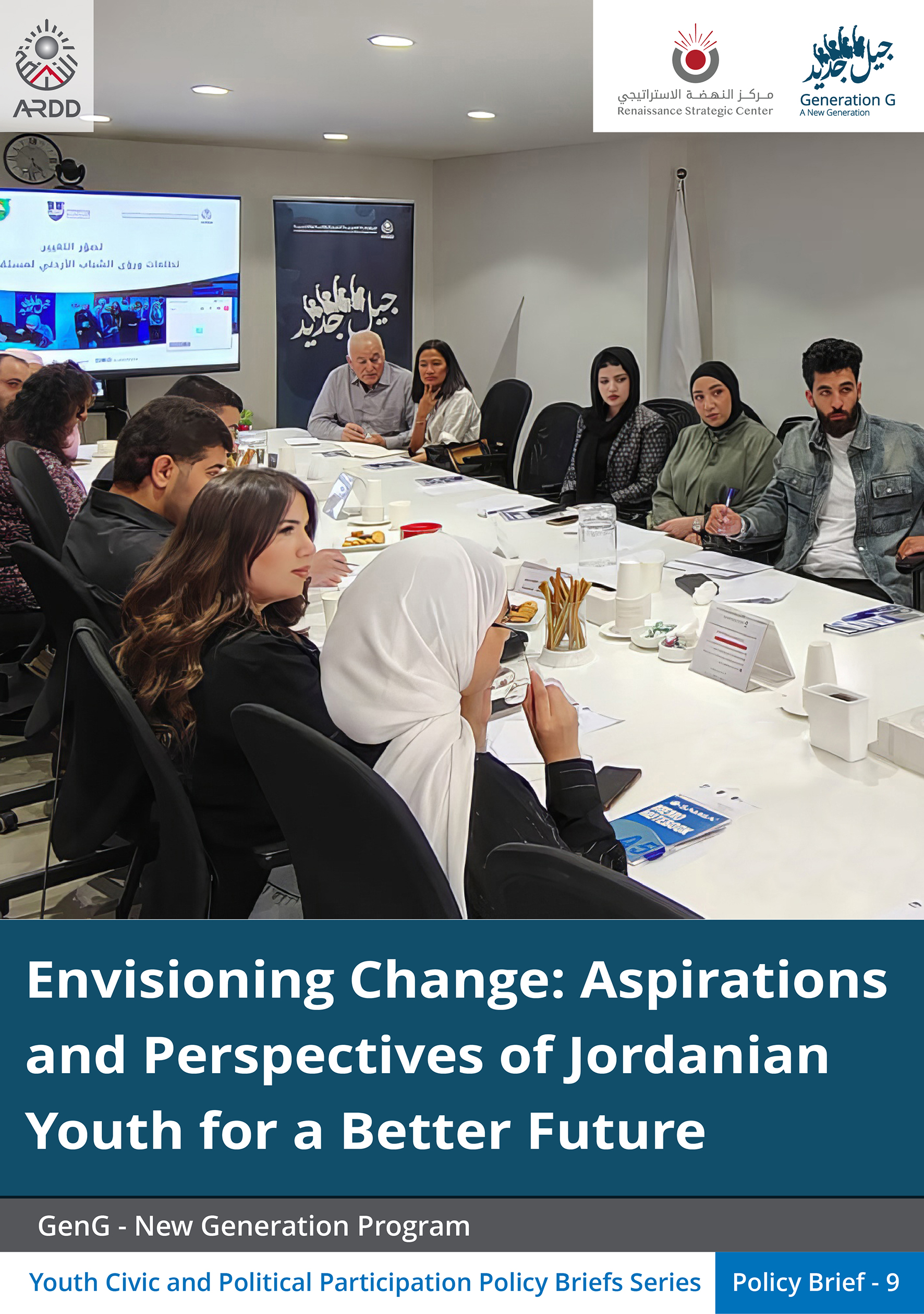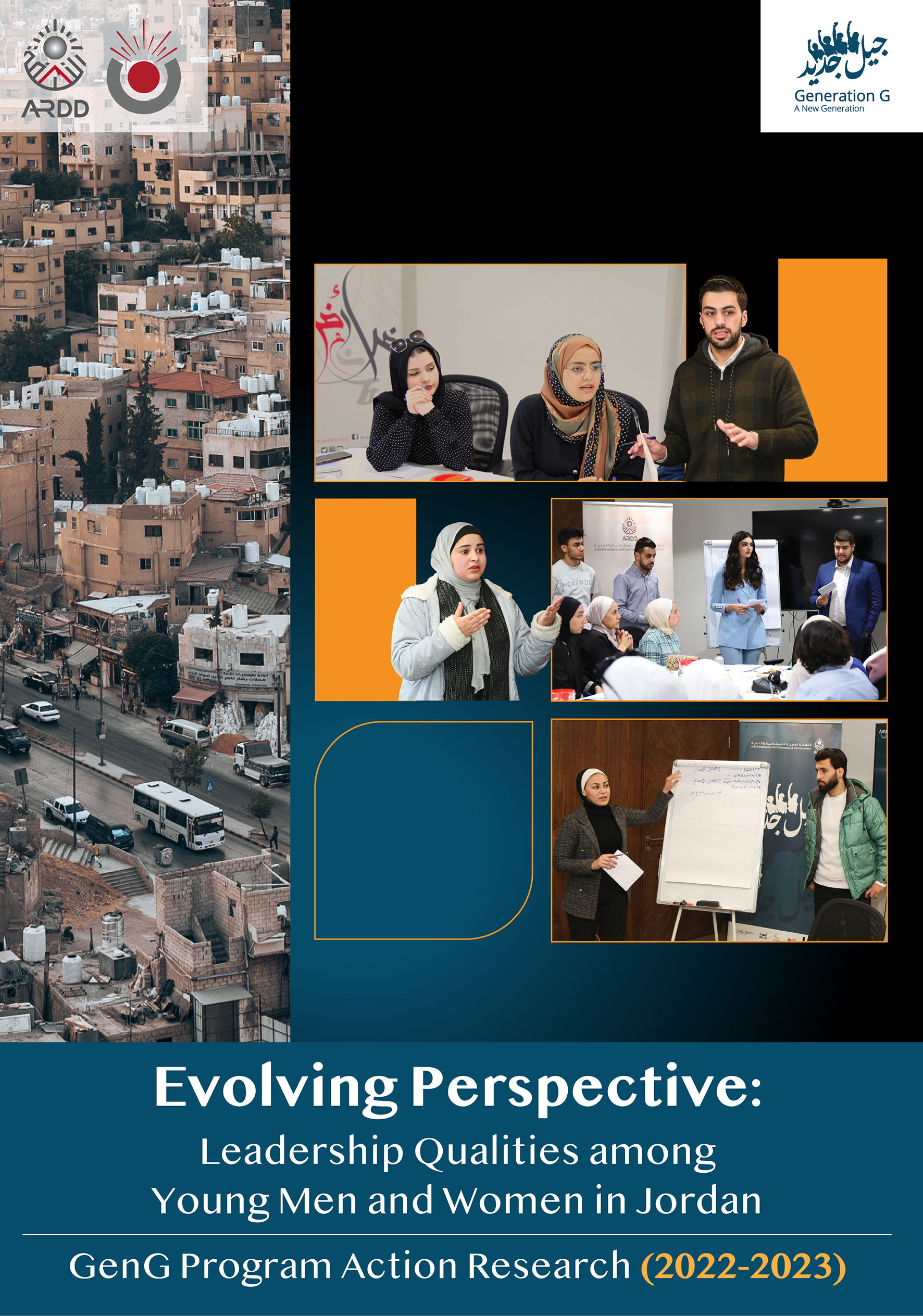Despite vast differences in geography, population size, and political trajectories, the lived realities of young women in Egypt and Jordan reveal a striking commonality: the enduring influence of family structures shaped by deeply rooted cultural norms, religious interpretations, and mounting economic hardship. Whether in Cairo or Amman, families remain both gatekeepers and potential enablers of women’s public participation.
This policy brief examines how evolving family dynamics—particularly the roles of fathers and male relatives—are shaping young women’s access to leadership in both countries. It draws on insights from bilateral consultations with gender and leadership experts convened by ARDD between April and June 2025 under the “She Leads” program. These consultations reflect a growing recognition that gender equality in the Arab world cannot be achieved without rethinking how family and fatherhood are understood and practiced.
At the heart of this inquiry lies a key paradox: while young women are entering education and professional spaces in unprecedented numbers, their leadership pathways remain constrained by private sphere dynamics. Decisions about autonomy, mobility, and self-expression are often negotiated—or controlled—within the family. The same religious, cultural, and economic logics that confine women to the domestic sphere can also create openings to renegotiate male roles, transforming them from disciplinarians to allies, from passive providers to active champions of girls’ ambitions.
In both Egypt and Jordan, the past two decades have seen gradual but uneven shifts in these roles. Fathers and male siblings are increasingly offering emotional support, moral encouragement, and even mentorship—changes often shaped by education, displacement, or exposure to digital and transnational gender discourses. Digital platforms, in particular, have become arenas where gender norms are both challenged and reinforced, offering spaces for contestation and reconstruction.
This policy brief identifies promising practices, challenges, and opportunities to reframe fatherhood as a driver of gender transformation—leveraging cultural continuity to advance equality. While the sociopolitical contexts of Egypt and Jordan differ, their gender struggles are deeply interconnected. Both societies are navigating how to adapt traditional family roles to modern aspirations, and this adaptation—if guided strategically—can unlock the leadership potential of a new generation of young women.
The recommendations that follow build on existing cultural foundations, drawing on models of positive male engagement and gender-sensitive family frameworks. They offer a roadmap for institutions, civil society, and development actors committed to advancing gender equality in leadership—transforming the family not as a barrier to overcome, but as a partner in change.
This policy brief is part of the “She Leads” project, a joint project of Plan International Netherlands, Defense for Children – ECPAT the Netherlands (DCI-ECPAT), African Women’s Development and Communication Network (FEMNET), and Terre des Hommes the Netherlands (TdH), targeting social norms in formal and informal institutions in East Africa, West Africa, and the Middle East. As an implementing partner with Terre Des Hommes regionally, the Arab Renaissance for Democracy and Development (ARDD) works towards increased sustained influence of girls and young women (GYW) within the decision-making processes in the MENA region.”

